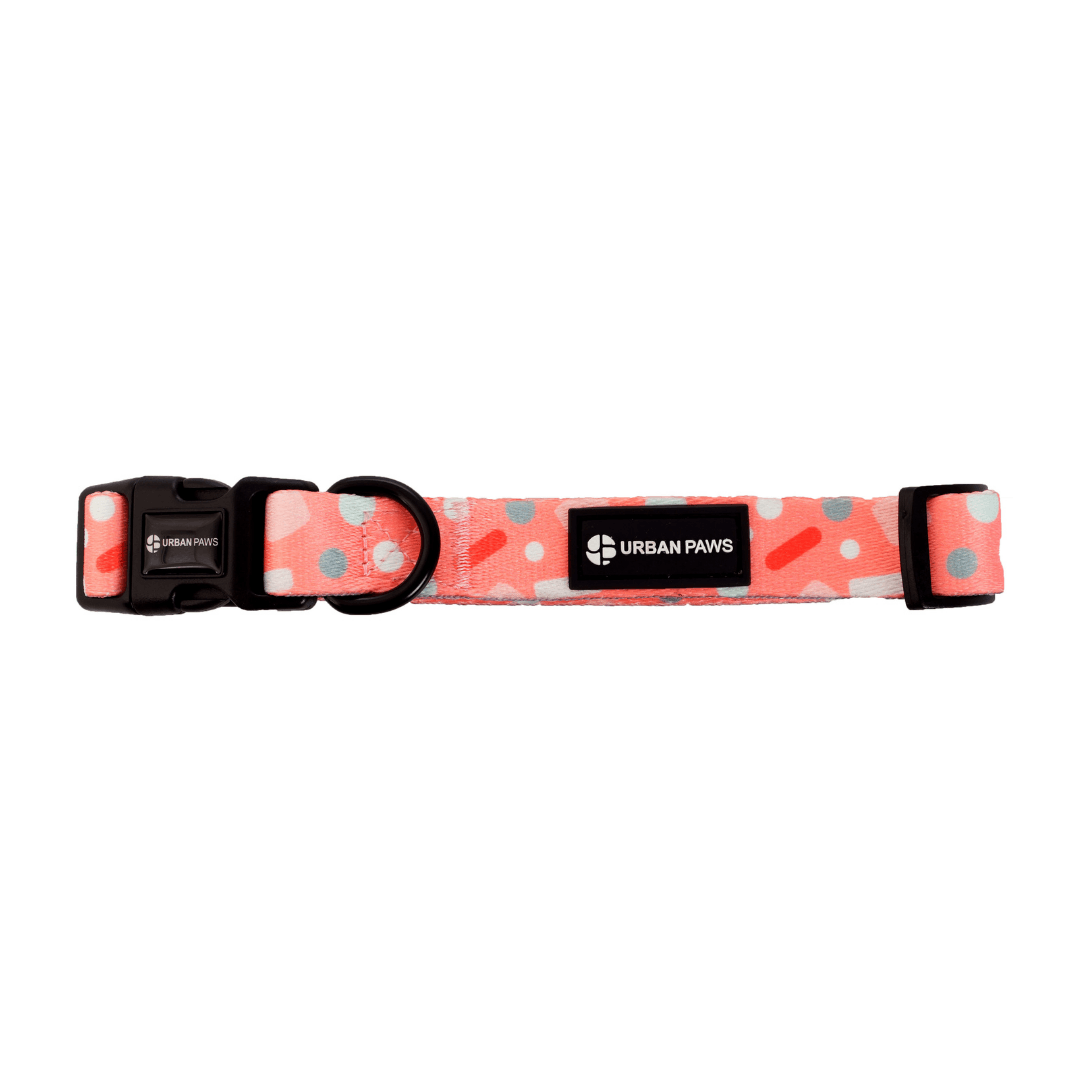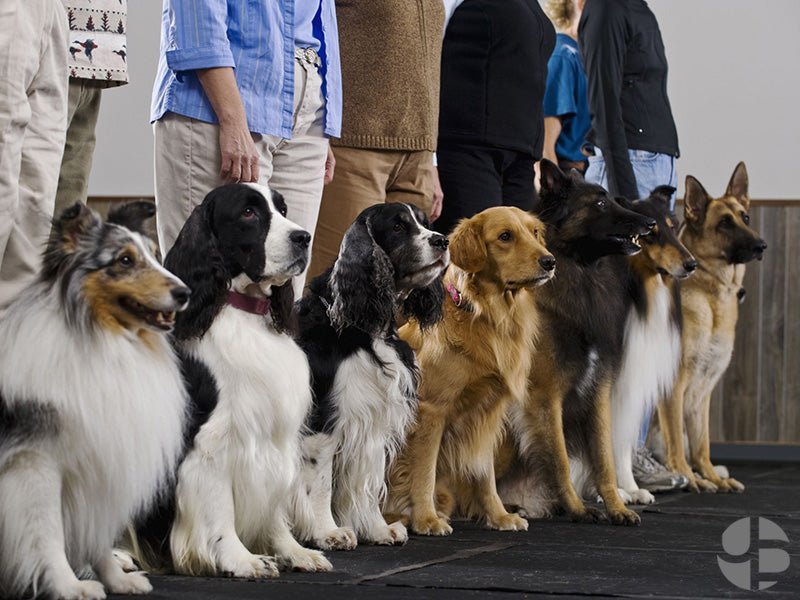As the dog owner you play the key role in the journey of pet and puppy training. A puppy’s brain is a wondrous thing – they are curious and explorative, and everything they learn can be managed by you. Give your puppy the right amount of response and attention during these critical formative months and you’ll have a well-trained pal by your side for years to come.
When to start with pet and puppy training
The best is to start puppy training early – the average dog brain grows to 80% of its adult brain capacity by 16 weeks of age. As the owner, now is the time to show your pup what is right and wrong. If you want a dog that will go places with you – markets, restaurants, the beach or travel adventures then start taking him places so he can get used to different sights and smells. You want your puppy to learn not to be afraid or distracted by different people and to be able to find his comfort zone in differing situations.
Our top tips on puppy training and what to focus on:
-
Expose your pup to different sounds. We know noises like building works, slamming doors and thunder can really terrify some older dogs. To avoid this, get your pup used to loud sounds early. Recreate the sounds when you are at home or even download sounds and play them regularly. This will help your pup know that loud sounds do not pose a threat.
-
Mealtimes can be funny with a puppy – they usually gobble down their food in seconds but some pups can get possessive or anxious around their food. Training will distract and play with your pup during mealtimes by patting, talking or placing treats around them. Reward a gentle reaction and then let puppy get back to the meal. This will help especially if you already have an older dog in the house that puppy needs to learn to get along with.
-
Socialisation is extremely important for your puppy, and you’ll be very wise to take him to a good puppy training and socialisation class. In this context puppy will learn to interact with other dogs in a safe environment, observing body language and learning how to stay out of fights, play constructively with others, approach unfamiliar dogs with confidence and – when playtime is over – come back to you when called. Luckily here in South Africa we have an abundance of great training schools available to us.
-
As a rule, take puppy outside immediately after waking up, eating or drinking – wait with puppy and praise enthusiastically as soon as furbaby starts to wee or poo outside. Try take puppy to the same spot as much as possible – a dog will recognize the scent clearly. If the act has already done it inside, just clean it up and carry on. Don’t shout at your puppy if he’s done his business inside – he won’t know why you’re angry. If you catch puppy in the actual act, you can say “no” and take him outside. Don’t expect puppy to get it 100% right – they only gain full control of their bladder at around 9 months of age, but will get it right 95% of the time once they’ve got the basic message.
-
With pet and puppy training the real test is that of patience and consistency – with these two virtues you’ll find the process rewarding and most importantly - fun! One day you’ll look back at all your hundreds of puppy photos with fond and warm memories.

